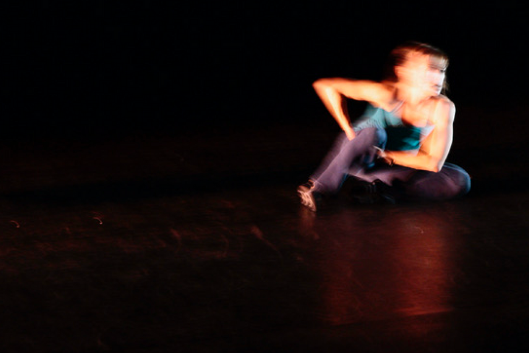Funding Bodies: Salon Discussion & Book Launch with Sarah Wilbur, Duke Dance Program

Join Assistant Professor of the Practice/Director of Graduate Studies Sarah Wilbur and esteemed colleagues in conversation about how arts funding bodies recruit and reward U.S. dance artists and organizers.
This online conversation focuses on Wilbur's recent book, "Funding Bodies: Five Decades of Dance Making at the National Endowment for the Arts" (Wesleyan University Press, 2021) and features commentary from the following arts labor researchers, whose expertise spans cultural traditions, geographical regions, and production contexts:
Sarah Wilbur, Duke University
Charlotte Canning, University of Texas at Austin
Colleen Hooper, Point Park University
Jasmine Jamillah Mahmoud, University of Washington
Michael Sy Uy, Harvard University
About the book:
"Funding Bodies" is the first scholarly study of NEA to focus specifically on dance. It departs from a choreographic question: How have federal grant guidelines rewarded specific patterns of dance practice and production? Drawing upon archival documentation of NEA narratives, program eligibility guidelines, and standards of evaluation as well as testimony from past and present insiders, Wilbur's work theorizes endowment as an economic and practical struggle by people with differential power and competing investments in the production and professionalization of dance. The book's structural critique highlights internal debates around funding policies-with an emphasis on inclusion, race, region, and class-during the first half-century of the Endowment's history. Practically speaking, its cultural analysis also credits the bureaucratic angling of dance grant makers from the early "boom" years through successive administrations and economic highs and lows. A history of dance funding tools and their practical use by people in power, Funding Bodies traces the disciplinary force of US arts policy through the workplace performances of generations of dance organizers. With a wealth of detail and previously untold stories, this institutional history brings clarity to the complex processes that underlie the continuing struggle to achieve equitable resource distribution and parity of opportunity in American dance. An online teaching guide is available.
Registration for the webinar is required. For more information: danceprogram.duke.edu







